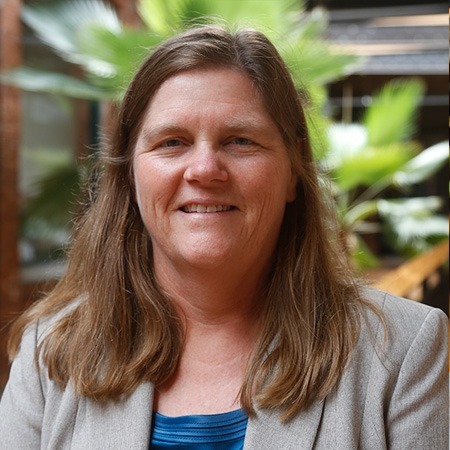The replacement of leaded aviation gasoline with safer alternative fuels
Posted on Jan. 18, 2018:

Dr. Matt Huddleston of SynTerra is working with a multidisciplinary team of academicians and industry professionals to select appropriate alternatives to leaded aviation fuel.
The Federal Aviation Administration (FAA) shares the Environmental Protection Agency’s (EPA) concerns about lead emissions from small aircraft. Owners and operators of more than 200,000 piston-engine aircraft operating in the United States rely on leaded aviation gasoline (avgas) to power their aircraft. Because of lead toxicity and environmental persistence, the FAA, EPA, and industry are partnering to remove lead from avgas.
Avgas emissions have become the largest contributor to the relatively low levels of lead emissions produced in the U.S. As a result, the Piston Aviation Fuel Initiative (PAFI) was established at the request of a broad cross section of the aviation and petroleum industries and consumer representatives to develop a path forward for the identification, evaluation, and deployment of the most promising unleaded replacements for avgas. The mission of PAFI is to evaluate candidate unleaded replacement fuels and identify those fuels best able to technically satisfy the needs of the existing aircraft fleet while also considering the production, distribution, cost, availability, environmental, and health impacts of those fuels.
That’s where SynTerra comes in. The FAA selected four unleaded fuels to undergo Phase 1 testing at the agency’s William J. Hughes Technical Center. Phase 1 included environmental toxicology, emissions, engine and rig performance, and materials compatibility. Dr. Matt Huddleston of SynTerra serves as PAFI’s subject matter expert in environmental toxicology. He is assessing the potential environmental impacts of candidate avgas replacement fuels.
In his fuel assessments, Dr. Huddleston followed a risk-based approach based largely on published toxicological data and physical/chemical properties of fuel components, comparing potential human health and ecological risks of the unleaded fuels with those of avgas. Based on Phase 1 test results, two fuels were selected to enter more comprehensive Phase 2 testing. Dr. Huddleston is working closely with a multidisciplinary team of academicians and industry professionals to select appropriate alternatives to leaded avgas.





